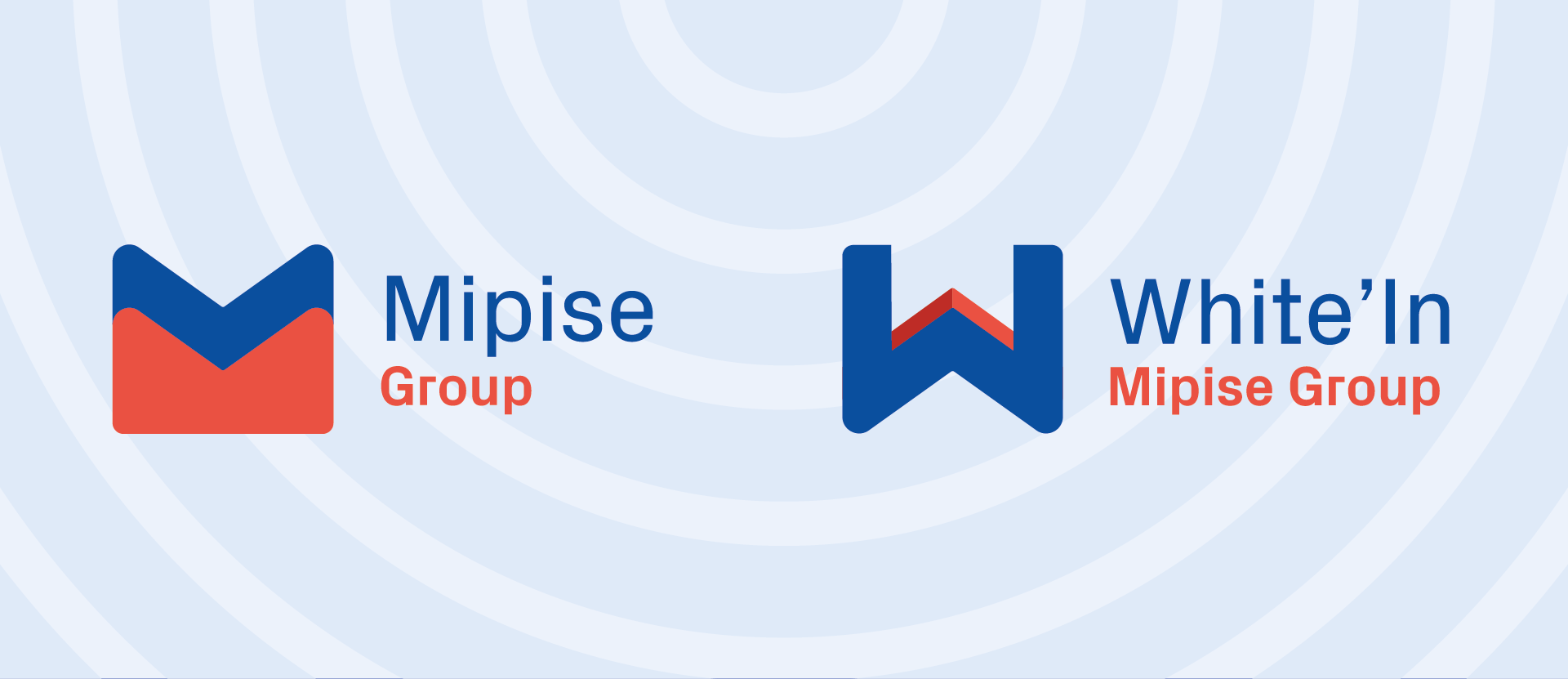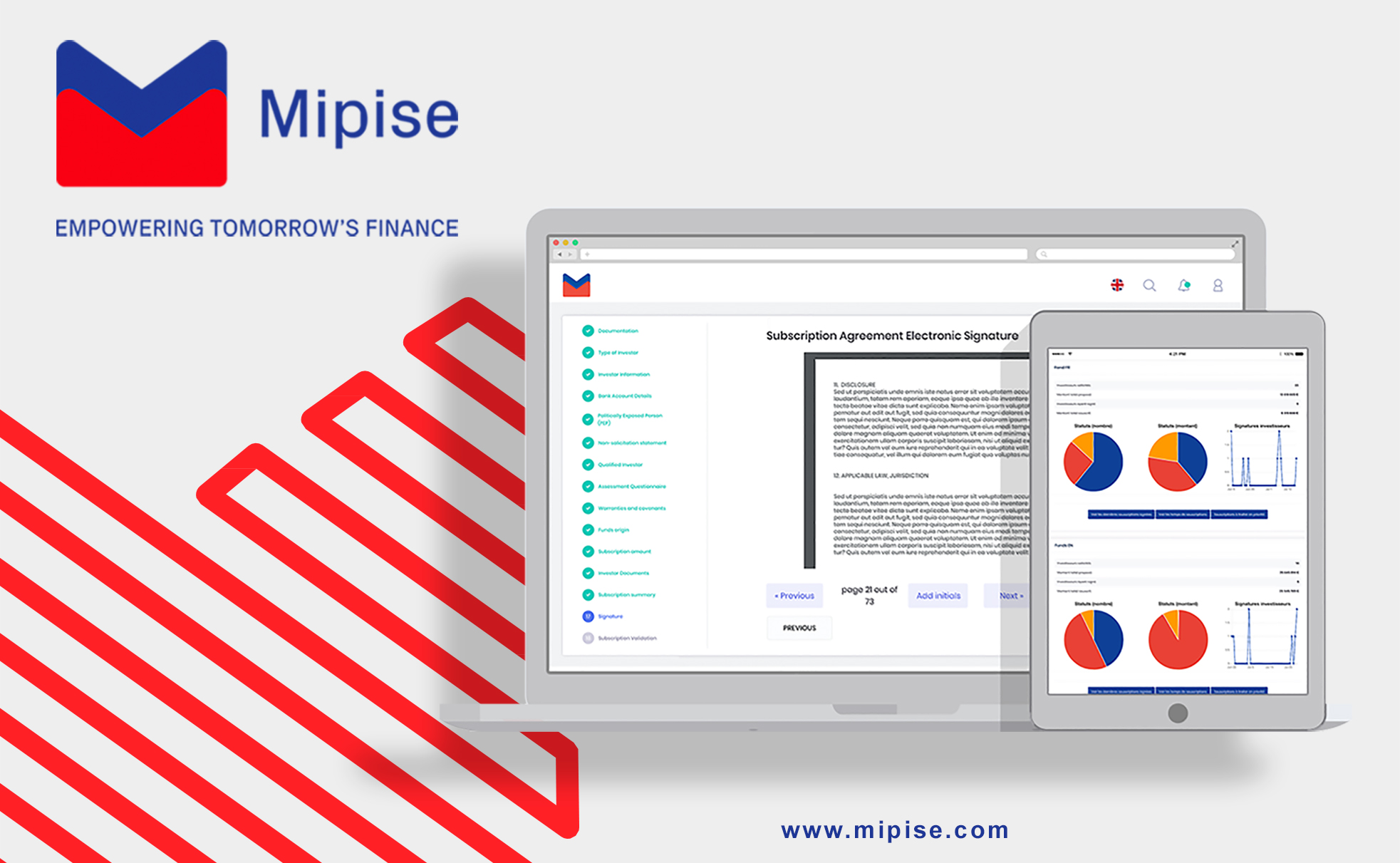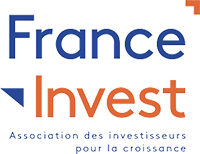Blog

The Importance of KYC Procedures for Asset Management and Investment Funds Companies
The regulations surrounding anti-money laundering and counter-terrorism financing efforts are implemented through KYC processes, notably within financial institutions. These processes are designed to identify and verify a client's profile, enabling financial institutions to establish more transparent business relationships.
For asset management companies and investment funds, it is necessary to verify the identity of the investor, its financial history, and solvency. To this end, individual investors must provide an identity document (ID card, biometric passport, electronic passport, or driver's license) as well as proof of residence (electricity, gas, water bill, or rent receipt, for instance). For corporate investors, the list of required documents is more extensive. They must provide an excerpt from the official business register, bank account details, company bylaws specifying the identification of executive officers, front/back identification documents of the designated representative, extract from the national register of beneficial owners, tax return for the latest completed fiscal year (or the latest financial statement if no tax return is available), relevant regulatory authorization (if the entity is regulated), company organizational chart, list of shareholders, and proof of existence for each legal representative.
By collecting this information, asset management companies and investment funds mitigate the risks of fraud, money laundering, and terrorist financing. For example, by gathering information about the origin of funds and monitoring an investor's financial transactions, they can detect and report any suspicious activity. KYC processes thus enhance the security of the financial sector and contribute to maintaining the reputation and trust of investors.
In parallel with KYC, asset management companies can *collect additional information about investment objectives and investors' knowledge * through subscription and suitability questionnaires.
It is important to note that KYC checks are mandatory for financial institutions. They are regularly subject to audits conducted by the AMF (Autorité des Marchés Financiers) and the ACPR (Autorité de Contrôle Prudentiel et de Résolution). In case of proven non-compliance with KYC obligations, institutions expose themselves to significant risks, including criminal prosecution, professional and administrative sanctions, as well as damage to their image and reputation (publicized sanctions).
In 2022, the AMF issued 19 decisions, of which 12 resulted in sanctions, while 7 dealt with the approval of administrative composition agreements. The sanctions affected a total of 41 persons, comprising 28 legal entities and 13 natural persons. They led to pecuniary penalties ranging from 20,000 to 75,000,000 euros, totaling 99,580,000 euros. For more information on sanctions imposed by the AMF,, you can consult the 2022 annual report of the AMF.
In conclusion, KYC procedures are indispensable for asset management companies and investment funds to identify a client and assess the potential risk of a business relationship with them. The main objective of this regulation is to combat financial crime (money laundering, terrorist financing, fraud).
*This article was not written by ChatGPT.. *














